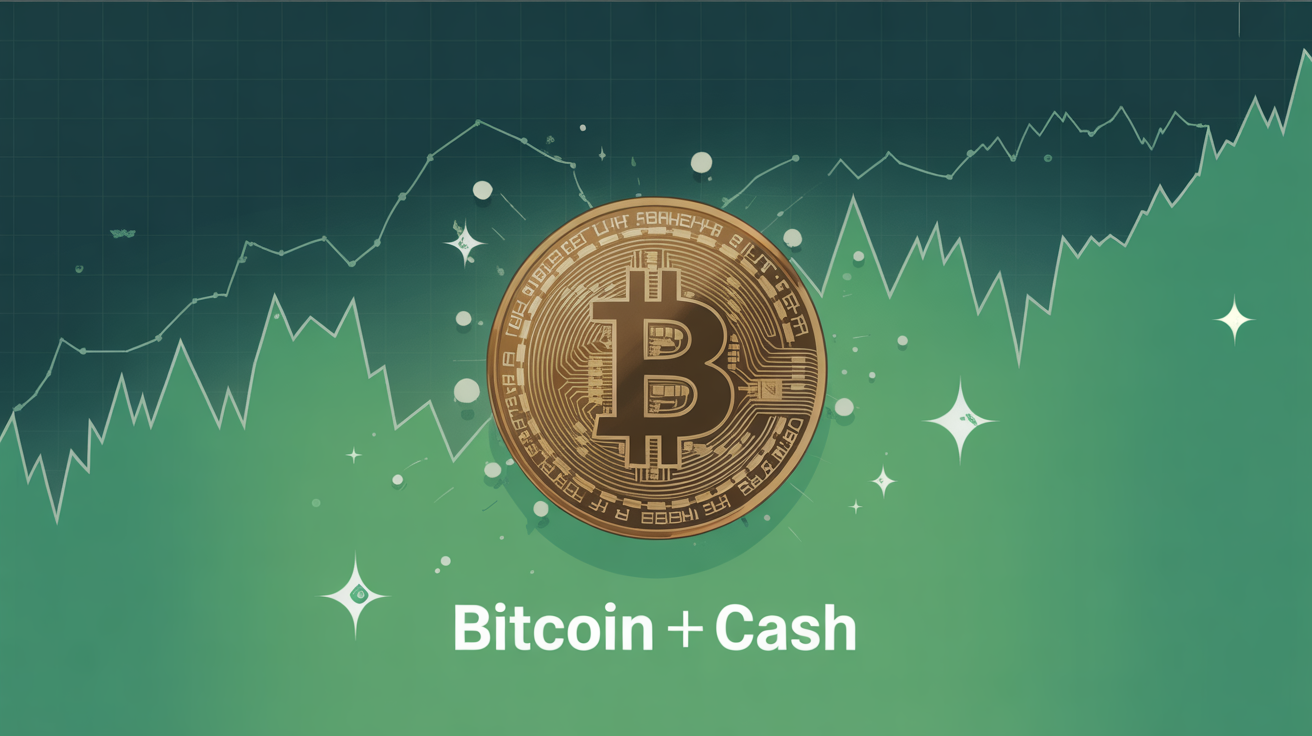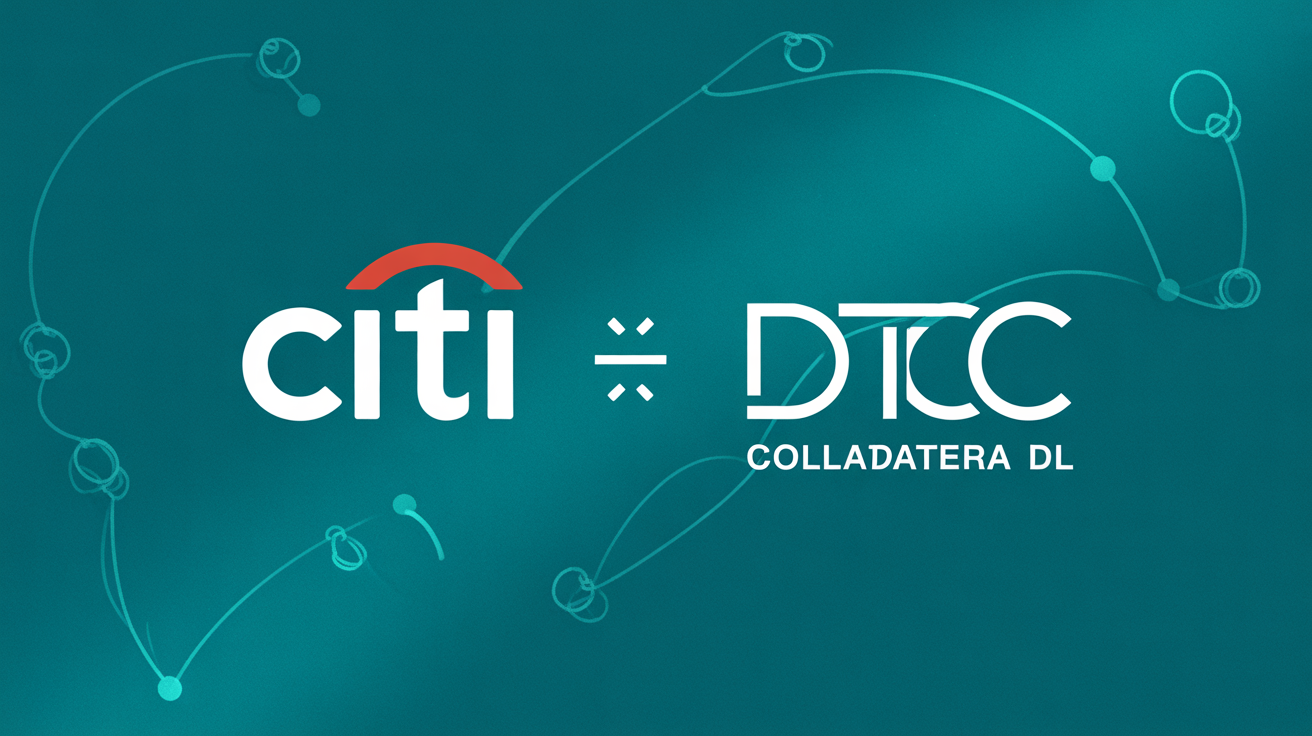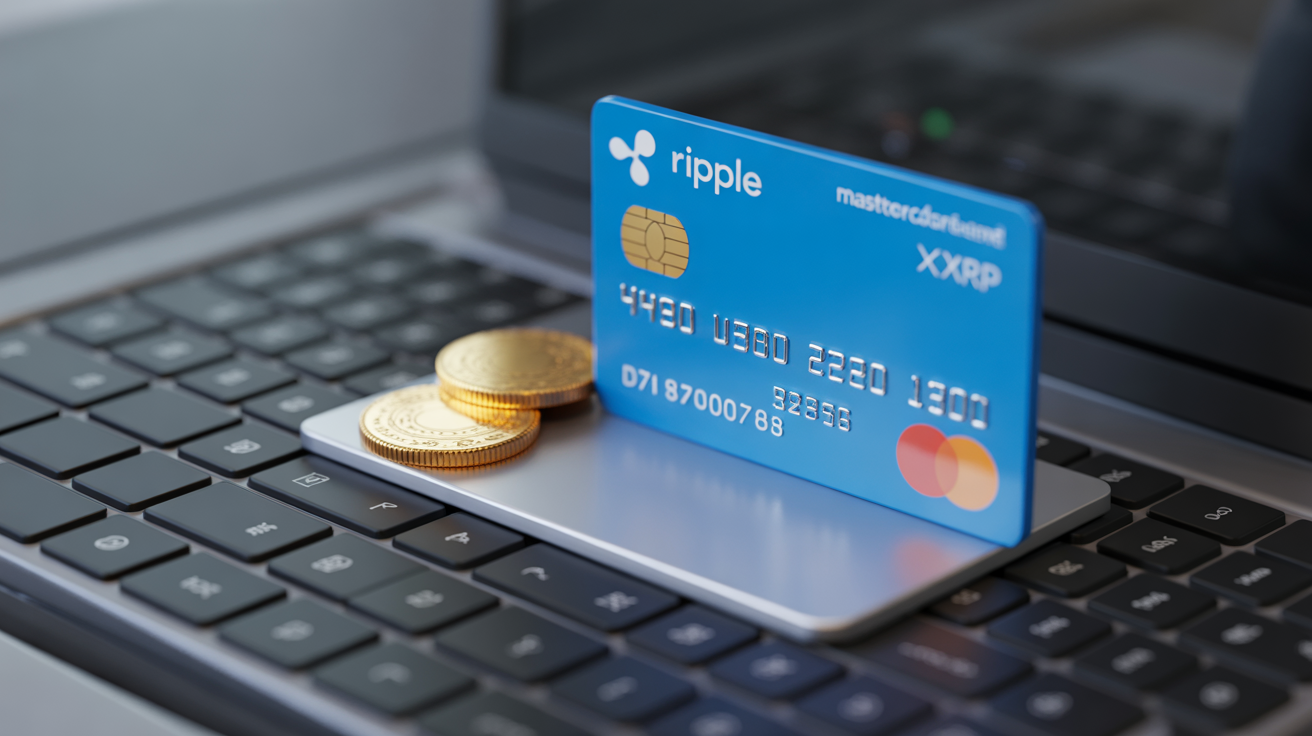Google has launched a new privacy-centric feature for its Wallet app, allowing users to verify their age without revealing personal information. The upgrade leverages zero-knowledge proof (ZKP) technology—an advanced cryptographic method that enables age confirmation without disclosing sensitive data like birthdates or ID numbers.
The initiative aims to address growing privacy concerns tied to traditional age checks, which often require users to submit government-issued documents or share detailed personal information.
One of the first companies to integrate this system is the dating platform Bumble, which will utilize digital IDs issued via Google Wallet. Age verification will be handled through ZKPs, offering a more secure and discreet process for users.
ZKP is a type of cryptographic protocol that allows someone to prove a fact—such as being over 18—without revealing how they know it or providing any other personal data. It works by running encrypted conditions (like age thresholds) on a blockchain-based system. The system then generates a proof that can be verified externally using public keys—ensuring accuracy while protecting the underlying data.
“Many services—from dating apps to online retailers—now require age verification,” Google said in its release. “We wanted to develop a solution that confirms age while maintaining user privacy.”
This new capability is already available in Google Wallet and is compatible across mobile devices and applications via the Digital Credential API, enabling seamless integration into third-party websites and platforms.
The rollout highlights a growing real-world use case for ZKP technology, which has remained mostly niche despite its potential. Following the news, zero-knowledge-based tokens have risen 1.7% on average over the past 24 hours, according to CoinGecko. With major players like Google adopting ZKPs, the sector may regain traction among investors focused on digital privacy.





























